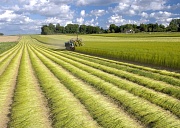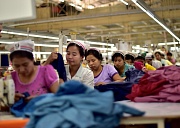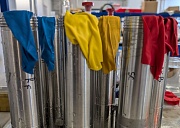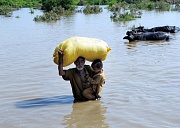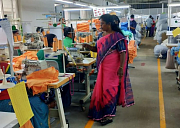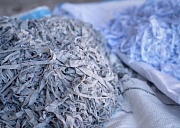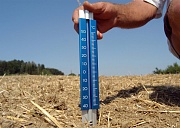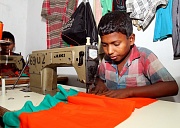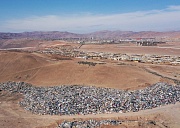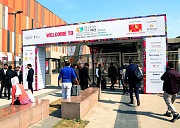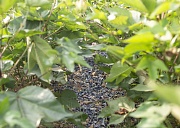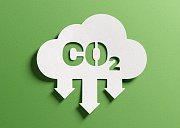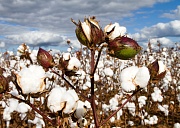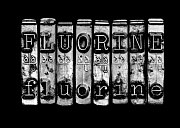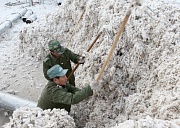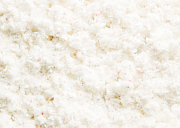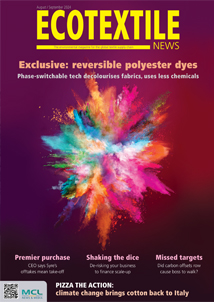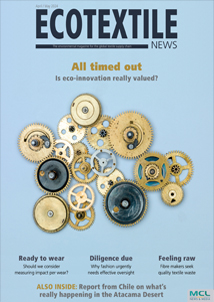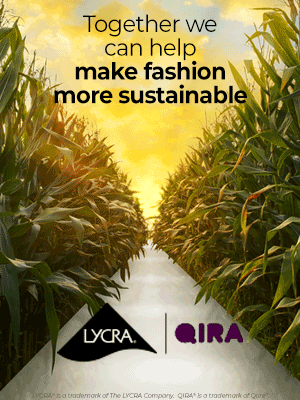Argento says the solution is the direct to grower model, which includes information from brands, suppliers and farmers, which he claims is a vast improvement. “Using self-reported information from brands, suppliers and farm organisations, the discrepancy between certified volumes purchased versus those reported by Textile Exchange was alarming,” he claimed, adding, “Although there has been improvement in the data in recent years, getting publicly available verified data has proven very difficult because many private organisations, particularly the standard holders and their certification bodies, are keen to protect their reputations and financial interests.
“Organic cotton certification alone is estimated to generate well over US$200 million in annual revenue for these organisations, which amounts to supply chain premium of over US$0.80 per kilogram using Textile Exchange production data from its OCMR. As made clear by these organisations, this chain-of-custody system does not include certification at the farm or cover the costs of growing cotton fibre organically.”
No one asks how much money is being lost because of organic cotton's poor reputation around fraud.
Stripf told us: “This is an important question for member-based organisations. But not for GOTS. We are an independent non-profit organisation. The commercial aspects of the textile industry, especially of brands and retailers, is irrelevant to us.
“GOTS finances itself through annual fees per certified facility. Each of the approximately 12,000 certified facilities worldwide, regardless of size, pays the same amount of €150 per year.”
TE responded: “The real loss here is money that has been paid to unscrupulous people engaging in fraudulent activity. These actions undermine the work of thousands of farmers, manufacturers, brands, and other groups that are truly investing in best practices.”
TE did not tell us how much they spent on fraud prevention, simply stating: “We dedicate a substantial amount of our assurance budget to improving integrity.” Here they cite investing in regional ambassadors, data collection, an integrity task force team and the Trackit programme.
Denial
The organic cotton sector as a whole “continues to be in a state of struggle and denial for over a decade without showing willingness to improve”, says Arun Ambatipudi of the Chetna Organic umbrella programme which works with small and marginal Indian cotton farmers in Maharashtra, Odisha and Andhra Pradesh.
“The problem”, another certification source says, is system wide, including an “ignorance by standards setters and their promoters of the realities in the field, with standards written by ‘western bureaucrats’ in air-conditioned offices”.
Our Indian sources reveal that although quality assurance teams visit fields, as do staff from Western promoters and accreditation bodies, they fail to notice much. The source says this should be investigated while GOTS and TE should publish their data, but alleges “they know if complete and proper traceability will be established, they will lose business”.











